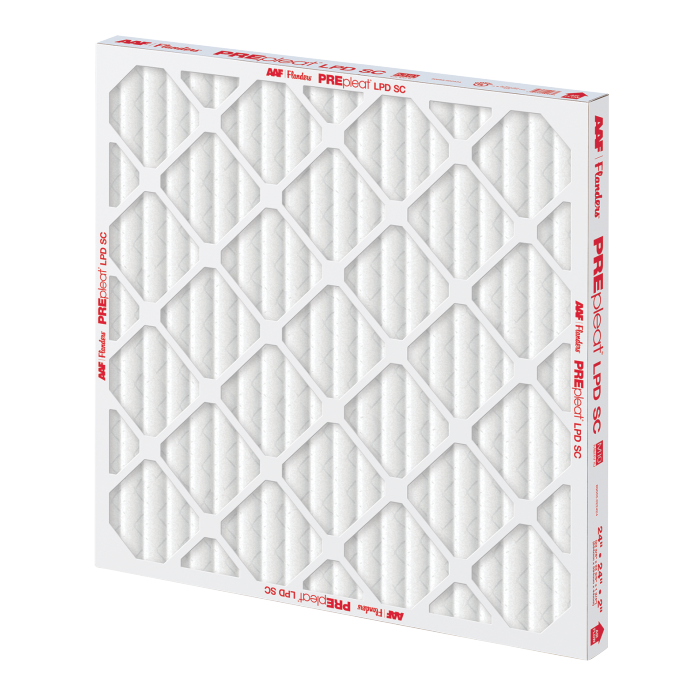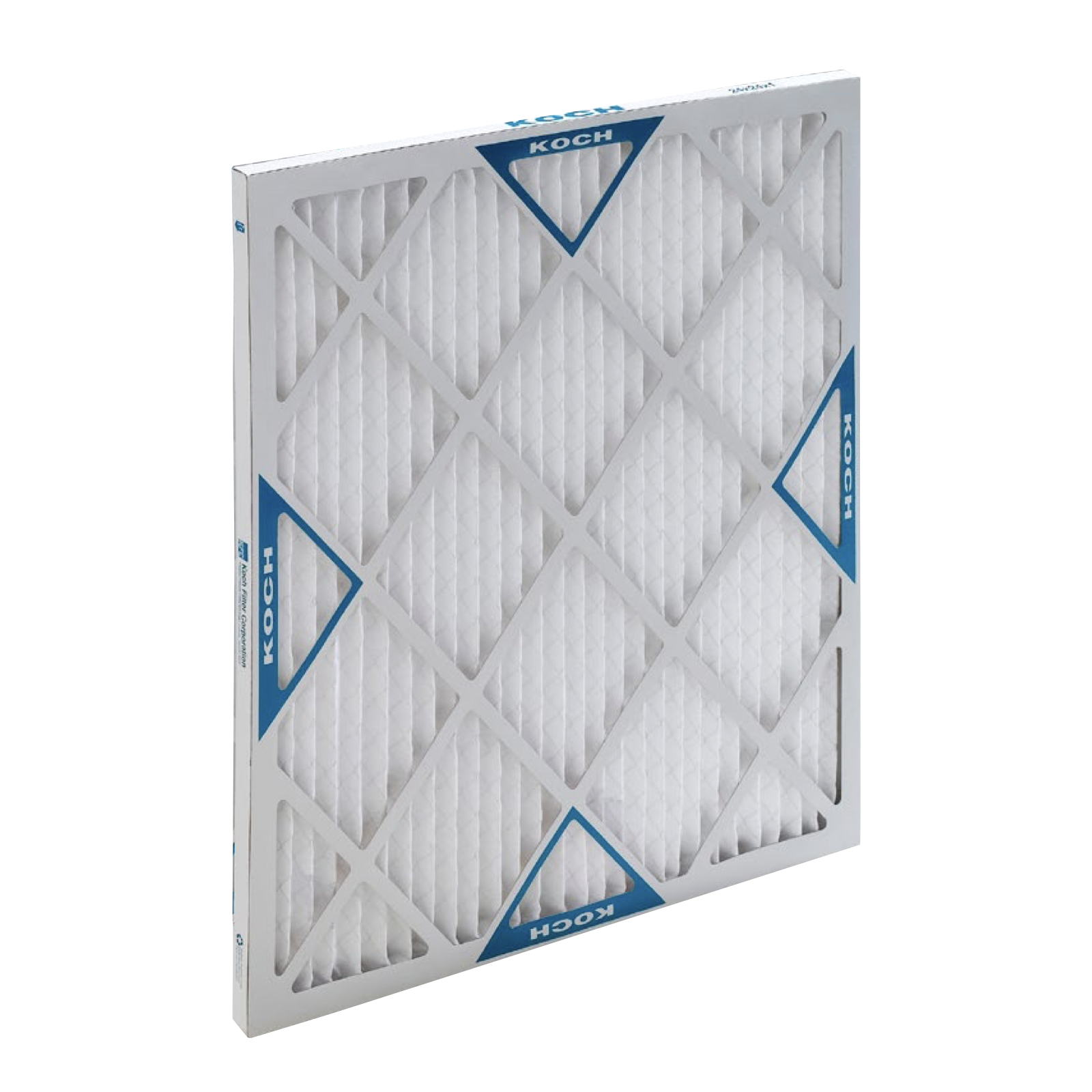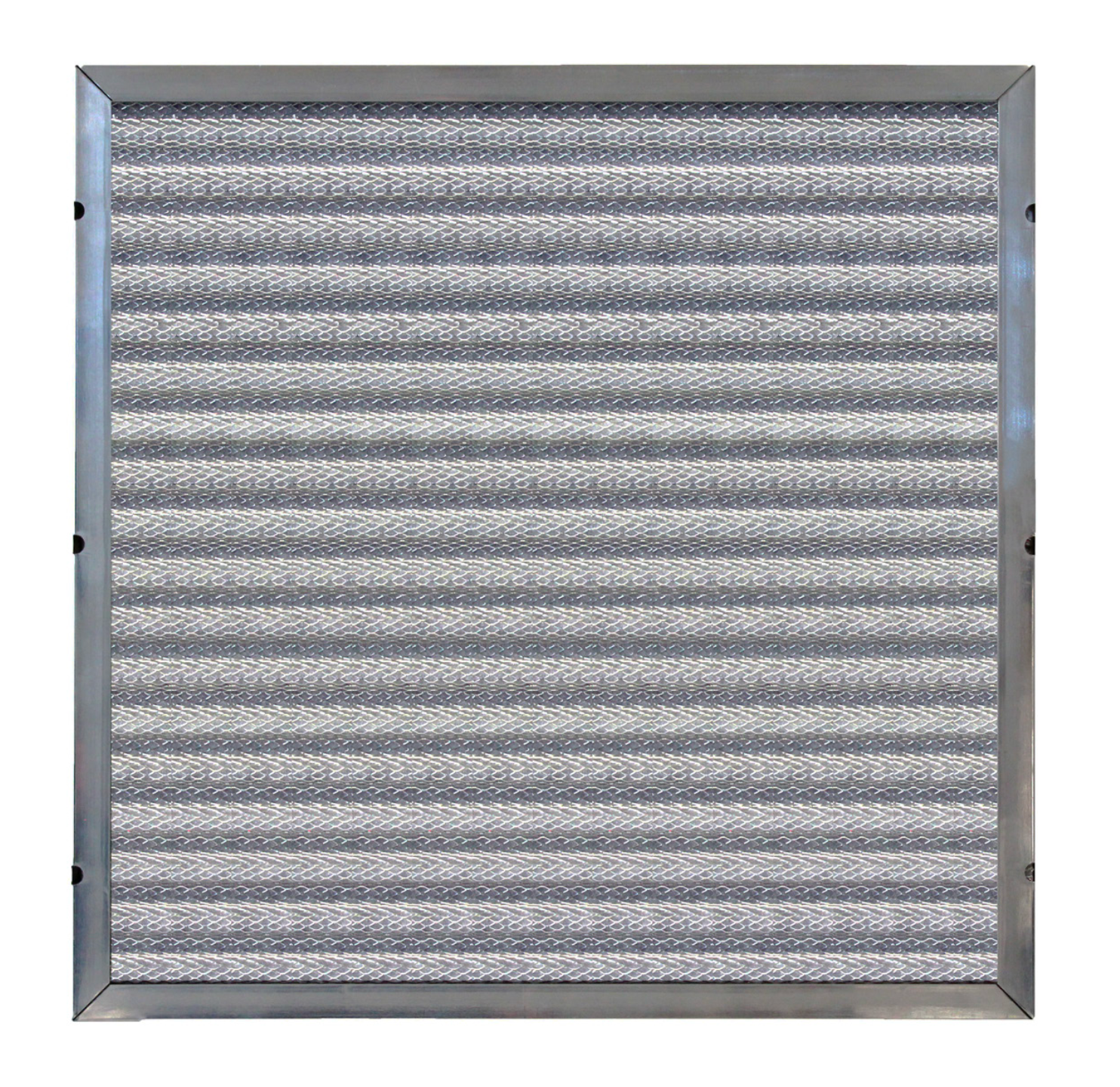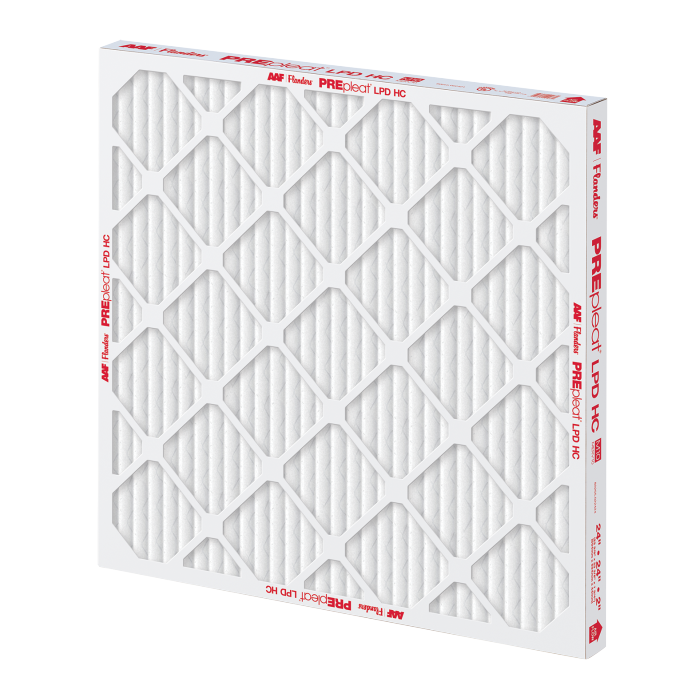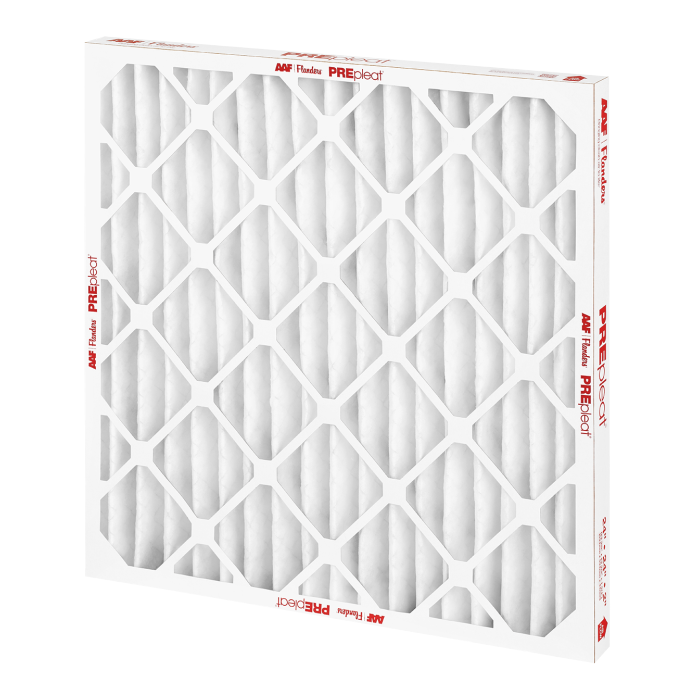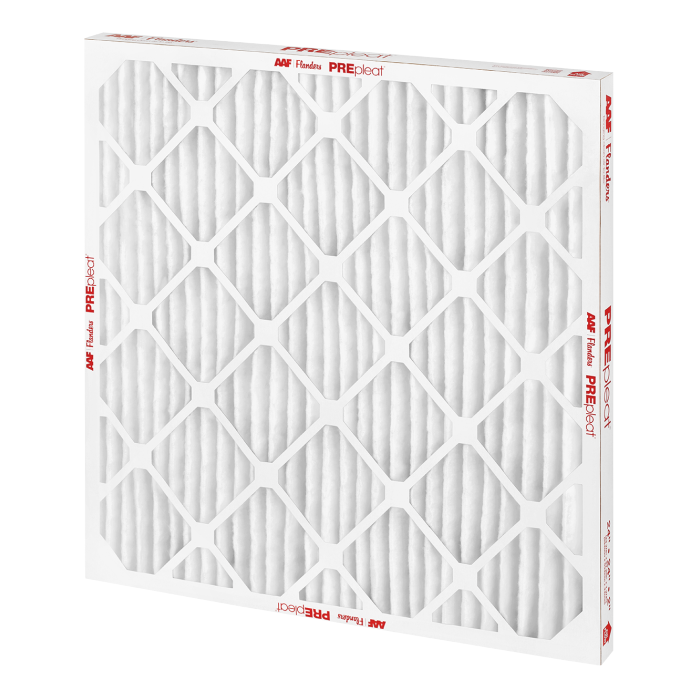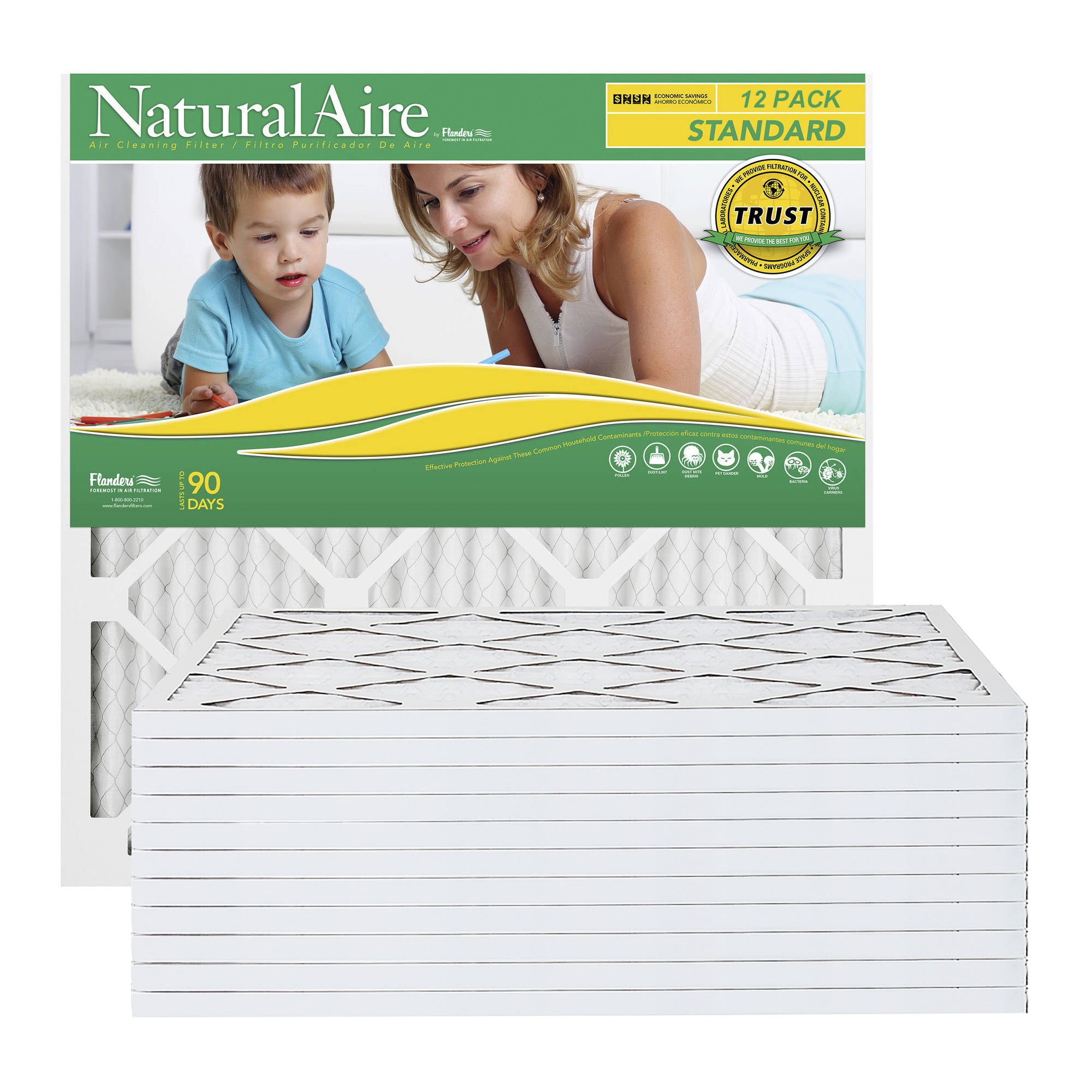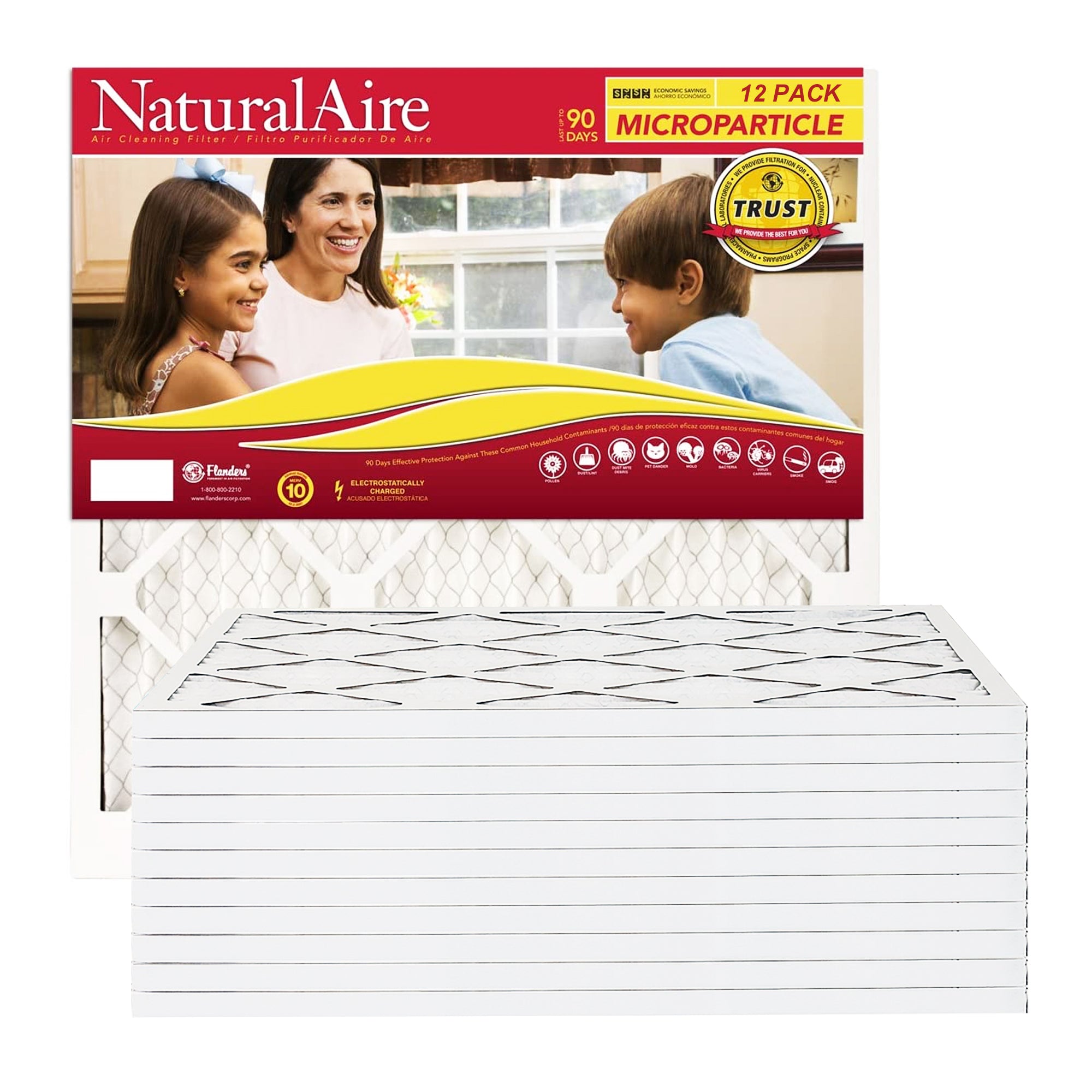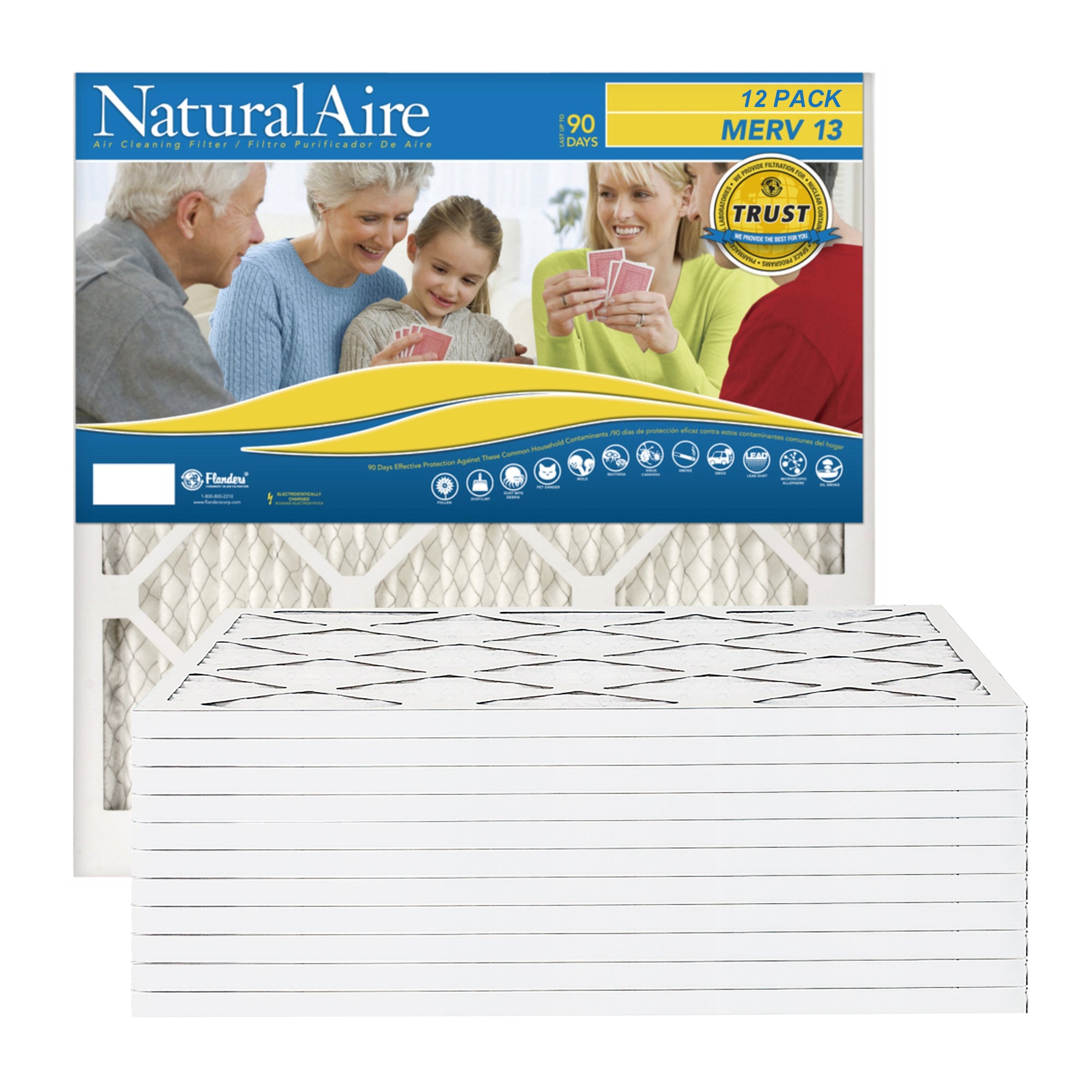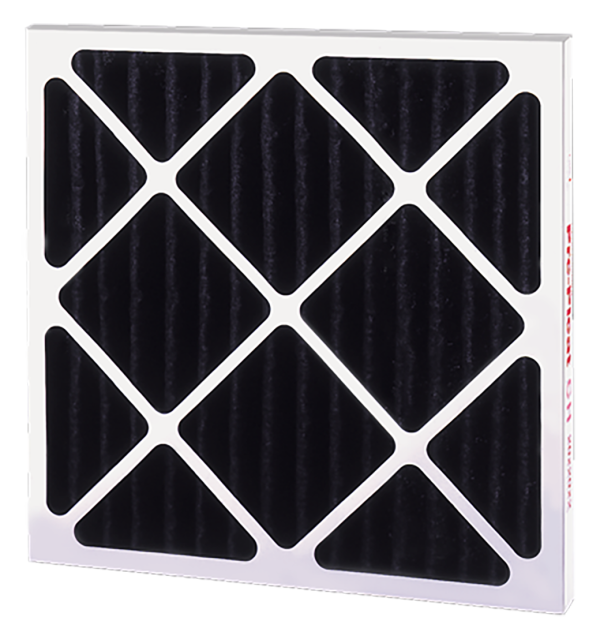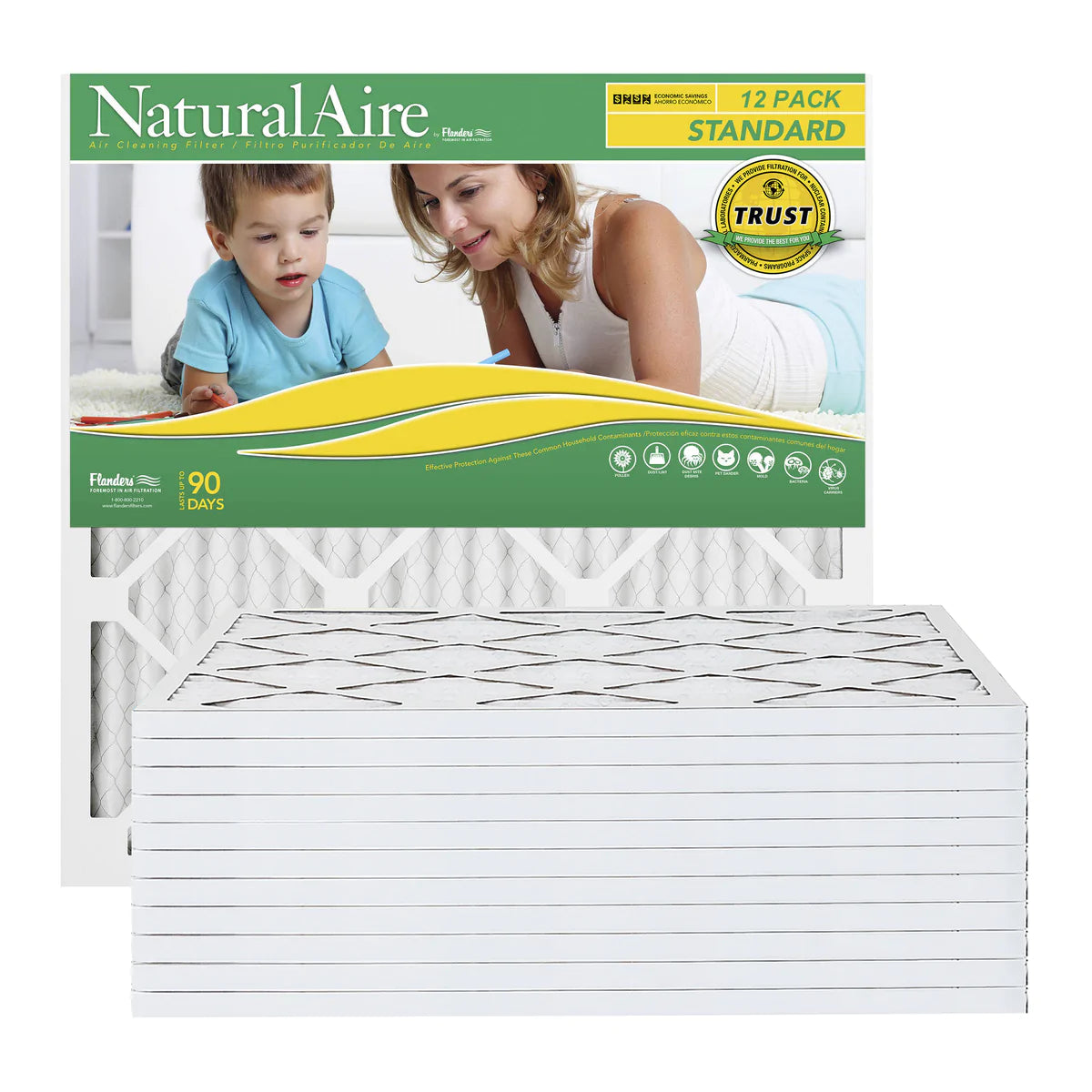As we pass the vernal equinox and the temperatures finally start to heat up, you’re ready to beat the heat and put on the air conditioner. One small problem—the air conditioner may not be ready to go to work. Today’s average residential air conditioner has a lifespan of 15 to 20 years, though older models may only last up to 12 years. As your air conditioner racks up the years, there’s a chance it won’t make it through the whole season. Keep a lookout for these signs your air conditioner is failing so that you can repair or replace your AC before you find yourself looking at one long hot summer.
Low Flow
Whether you’re just trying to maintain room temperature or cooling things all the way down to a brisk 66°F, you should be able to feel the airflow coming from your ducts. If the current is weak, this could mean blockages in the ducts, such as excessive dust, but it may also be a sign of a failing compressor. Determine whether your ducts pass the eye test; if they’re near curtains, you should be able to see them billowing from the rush of air. If you can’t, you should be concerned with the state of your HVAC system.
Odd Sounds
If your air conditioner is on its last legs, you won’t just feel it, you’ll hear it. Keep an ear peeled for grinding, screeching, rattling, or any other uncharacteristic sounds of operation. These sounds could indicate a loose or dislodged component inside the unit. If you hear an unusual sound from your air conditioner, don’t ignore it—the sound of a mechanical problem and the problem itself will only continue to get worse. Seek professional repair before it becomes a matter of professional replacement.
Sick Scents
Sights and sounds can tip you off to a failing air conditioner, but so can smells. If you notice strange odors emanating from your vents, it can be one of several issues relating to an HVAC system that isn’t in perfect condition. While it’s common to notice a slight burning smell as you reactivate your furnace for the fall and winter, you shouldn’t smell that as you bring the air conditioner into service. Foul odors could be coming from mold and mildew that has accumulated in the ductwork or AC unit, which is certainly a problem to address. To guard against this, start the season each year with a new custom AC filter and a thorough cleaning.
High Humidity
A well-functioning air conditioner doesn’t just keep things cool; it’s a much-needed safeguard against high humidity, which over time can have deleterious effects on your home and health. A hygrometer can measure exactly what your humidity levels are, but as with the other three senses, you should be able to feel that something is amiss. If it’s getting clammy indoors despite running the AC, that’s a sure sign your air conditioner is failing. Don’t hesitate to call the experts.


